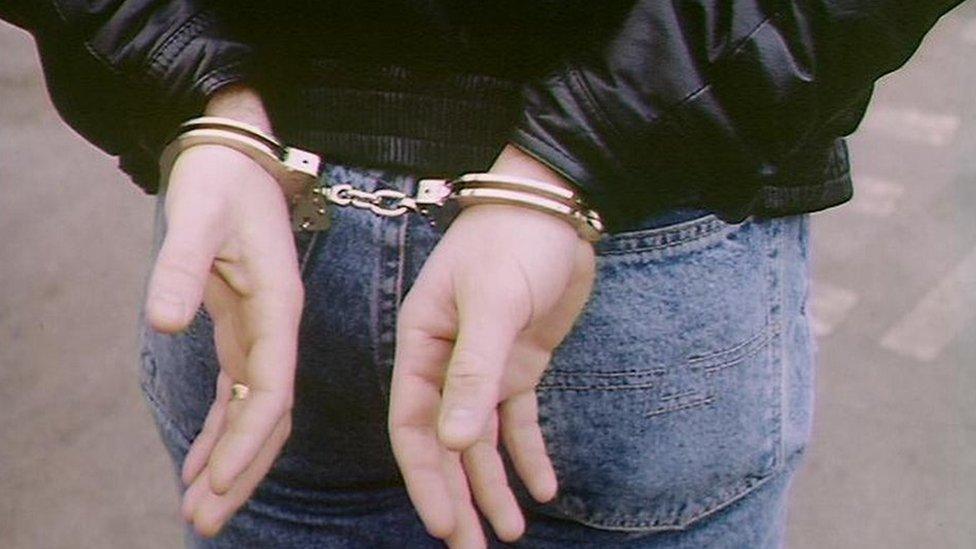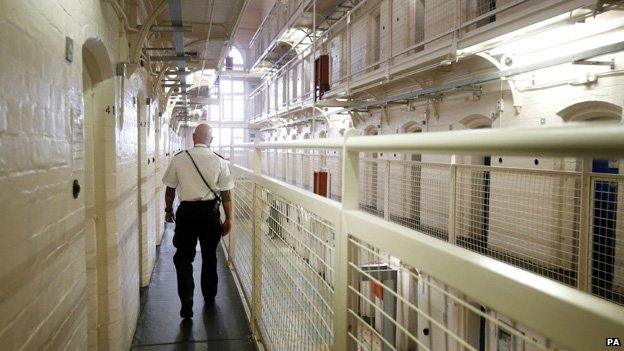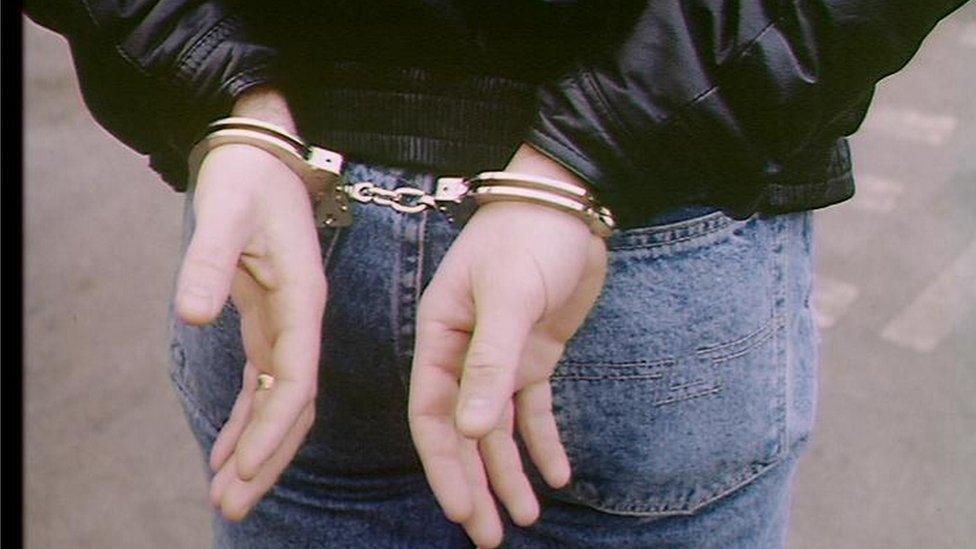Consultation ends on short jail sentences plan
- Published

A consultation ends later on plans to further reduce the number of offenders receiving short jail sentences.
Since 2010 Scottish courts have been prohibited from jailing people for three months or less unless there is no other way of dealing with them.
The Scottish government has asked for views on whether that period should be extended and, if so, by how much.
Ministers argue that short jail terms are ineffective and lead to high rates of reoffending.
Figures have suggested 60% of those sentenced to less than three months are reconvicted within a year.
In 2010 the government introduced, for the first time in Scots law, a presumption against short prison sentences of three months or less except where no other punishment would be appropriate.
The SNP minority government at the time dropped a plan to impose a six-month limit because of fears it would be voted down by the opposition.
'Walking free'
Justice Secretary Michael Matheson has now revived the proposal and called for "bold action" to stop offenders "going in and out of prison time and time again and reoffending upon release".
Under the proposals, he has said offenders would serve their sentences in the community instead of being jailed and receive help for the causes of their offending behaviour, including drug or alcohol addictions or mental-health issues.
Some have argued there should be a presumption against sentences of less than 12-months.
But the Scottish Conservatives have criticised the move, saying it could lead to hundred of people convicted of crimes like housebreaking, handling offensive weapons or common assault "walking free".
They have argued that extending the presumption against short sentences would give criminals the impression that their crimes are not serious.
- Published10 December 2015

- Published25 September 2015
